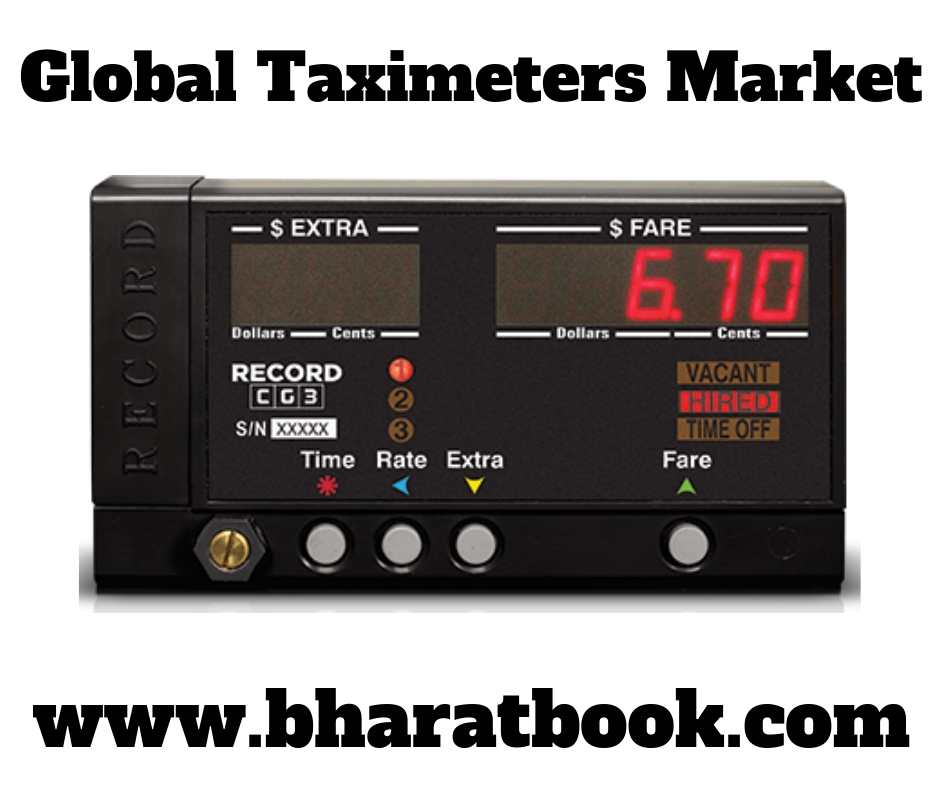Solar energy relies on the sun, which is a constant and abundant source of energy. Unlike fossil fuels, solar energy does not produce harmful emissions, making it a much cleaner and more sustainable source of energy.
Besides this, choosing solar energy can offer several financial benefits for homeowners and businesses. Here are a few such benefits.
Lower Energy Bills
One of the most significant financial benefits of solar energy is lower energy bills. Solar panels can generate electricity from the sun, which means you can rely less on your utility company for electricity. This can help save a significant amount on your monthly energy bills.
Increased Property Value
Installing solar panels can increase the value of your property. Studies have shown that homes with solar panels sell for more than homes without solar panels, which means you can recoup some or all of your investment when you sell your property.
Tax Incentives
The federal government and many states offer tax incentives for installing solar panels. These incentives can help offset the cost of installation and reduce the overall cost of your solar energy system.
Net Metering
Many utility companies offer net metering, which allows homeowners and businesses to sell excess electricity back to the grid. This means you can earn credits on your energy bill for the excess electricity your solar panels generate.
Low Maintenance Costs
Solar panels require very little maintenance, which means you can save on maintenance costs over the lifetime of your solar energy system.
Long Lifespan
Solar panels have a long lifespan of up to 25 years or more, which means you can enjoy the financial benefits of solar energy for many years to come.
Tips for Installing Solar Panels and Making the Most Out of Them
Determine Your Energy Needs
Before installing solar panels, it’s important to determine your energy needs. You can now determine the size and number of solar panels you need. You can use online calculators or consult with a solar energy professional to determine your energy needs.
Choose A Reputable Installer
It’s important to choose a reputable and experienced installer to ensure that your solar panels are installed correctly. Look for installers who are licensed and certified, and who have experience installing solar panels in your area.
Consider Your Roof Orientation
The orientation of your roof can affect the efficiency of your solar panels. Solar panels are most efficient when they are facing south, but other orientations can also work. Your installer can help you determine the best orientation for your solar panels.
Check For Shade
Shade can reduce the efficiency of your solar panels. Before installing solar panels, check for any trees, buildings, or other obstructions that could cast shade on your panels.
Consider The Cost
Solar panels can be expensive, but there are several ways to reduce the cost. Look for tax incentives and rebates that can help offset the cost of installation. You can also consider leasing or financing options to spread out the cost over time.
Maintain Your Solar Panels
Solar panels require very little maintenance, but it’s important to keep them clean and free of debris to ensure they are functioning properly. Consult with your installer on the best way to maintain your solar panels.
In Conclusion
Though the upfront cost of installing a solar power system is expensive, over time the benefits can add up to significant savings. Some customers may offset their entire cost of installation in as little as two years. This means that after that point, the only money they will spend on electricity bills is money they are earning by feeding their energy back into the grid.



